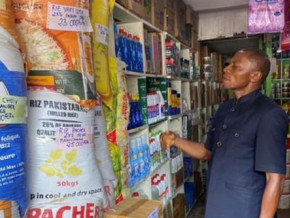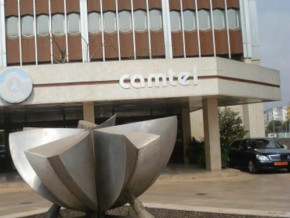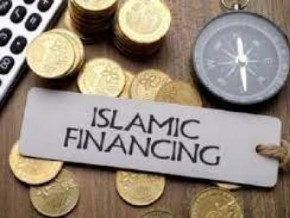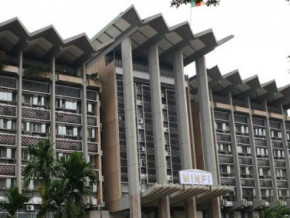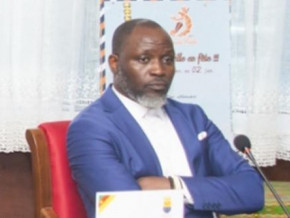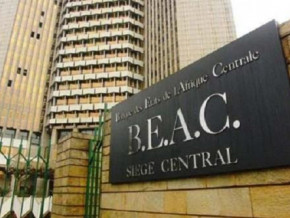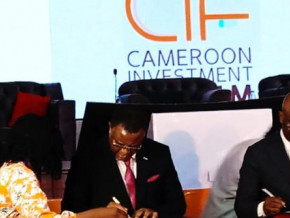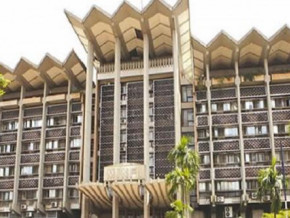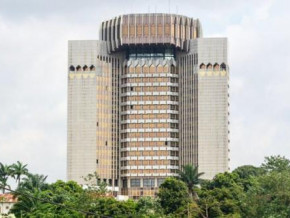
IMF doubts Cameroon’s capacity to meet emergence goal deadlines
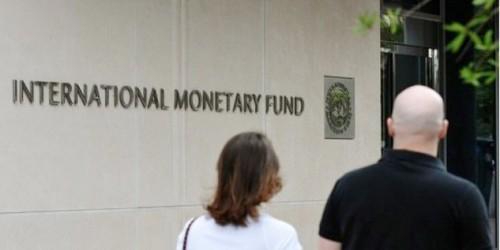
(Business in Cameroon) - According to indicators presented by the IMF on the Cameroonian economy, emergence goals might not be achieved by 2035 if concrete measures are not adopted.
“In forecasts outlined in the Strategy Document for Growth and Employment, the Cameroonian authorities planned to achieve at least 10.2% growth by 2020. One notes in these projections that 2015 should have been a decisive year. Yet, based on our estimates, the current performance suggests that growth will barely reach 5% in the next five years,” noted Mario Zamaroczy, one of the IMF mission members who knows Cameroon well.
Indeed, in the report on economic perspectives on Africa presented by the IMF, Cameroon’s indicators are discouraging. Although Cameroon managed to achieve budgetary stability after entering the Heavily Indebted Poor Countries (HIPC) initiative in 2006, its budget and external situation have deteriorated. Public debt continues to grow despite the reduction in subsidies to hydrocarbon fuels. Although it is still sustainable, the debt has almost doubled in four years, climbing from 15% to 30% of GDP, while the nation’s trade balance has declined.
Government emergency plan
Added to that, Cameroon must now deal with a double blow. The first is linked to the lower price of oil. Oil now represents 20% of budget revenue and 54% of export revenue. The other blow to the country has been the insecurity at some of its borders, particularly in the East region adjacent to the Central African Republic, but especially in Extreme-North where resources have been mobilised in the fight against the terrorist Nigerian sect, Boko Haram.
The Cameroonian authorities have addressed these negative indicators, maintaining that the government anticipated this issue by taking emergency measures such as the three-year emergency 925 billion FCFA implemented by the State of Cameroon. Some observers are, however, sceptical about the emergency plan’s ability to resuscitate the economy already due to the lag in external trade revenue (750 billion FCFA) needed to finance the greater part of this plan.
Mags frontpage
- Most read 7 days
- shared 1 month
- read 1 month




